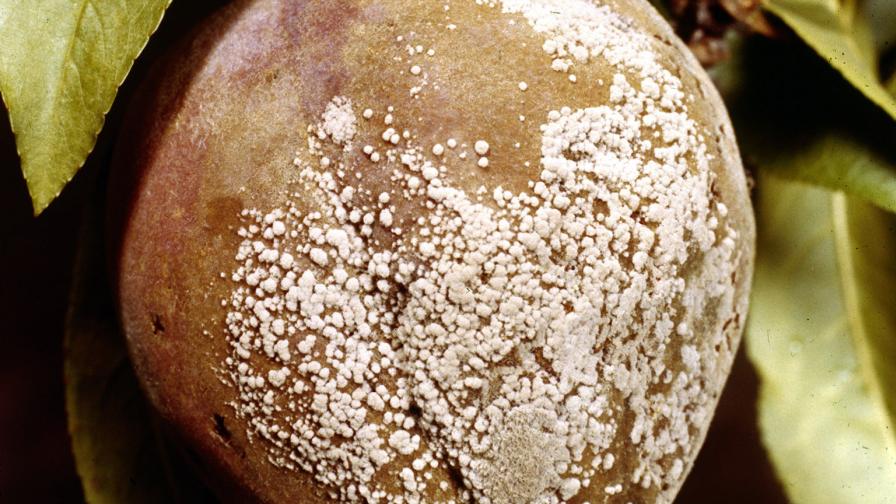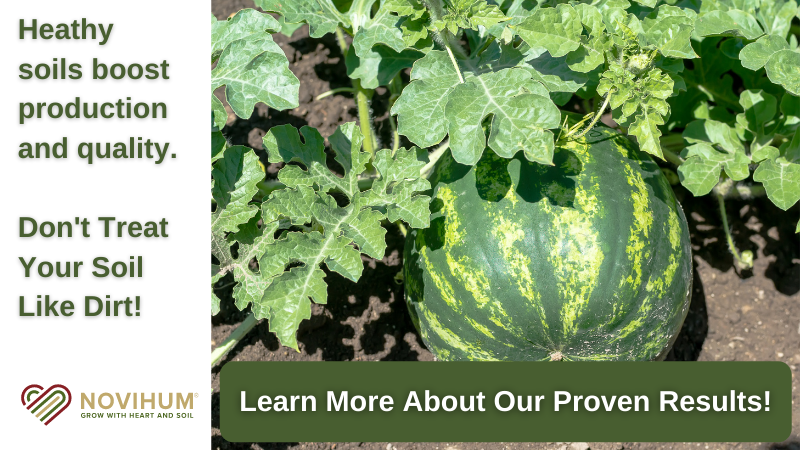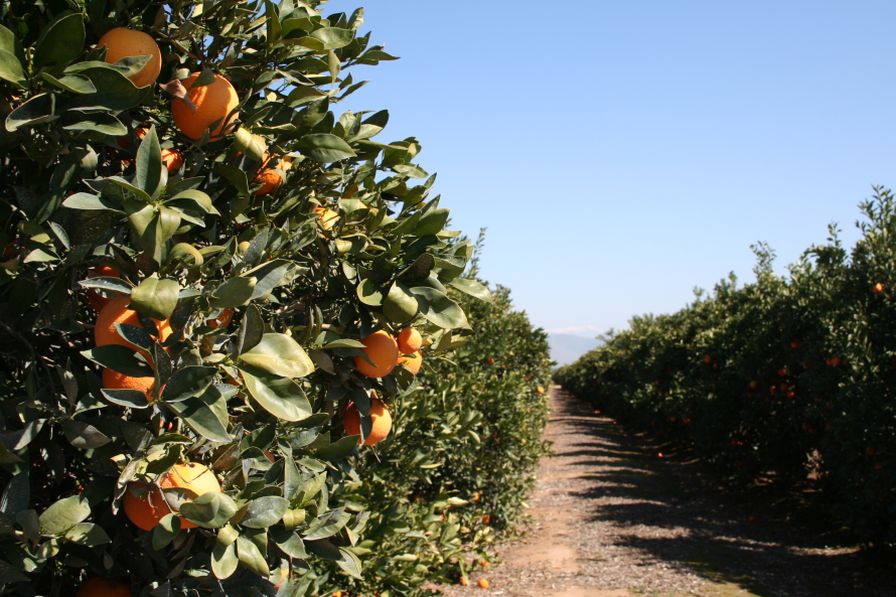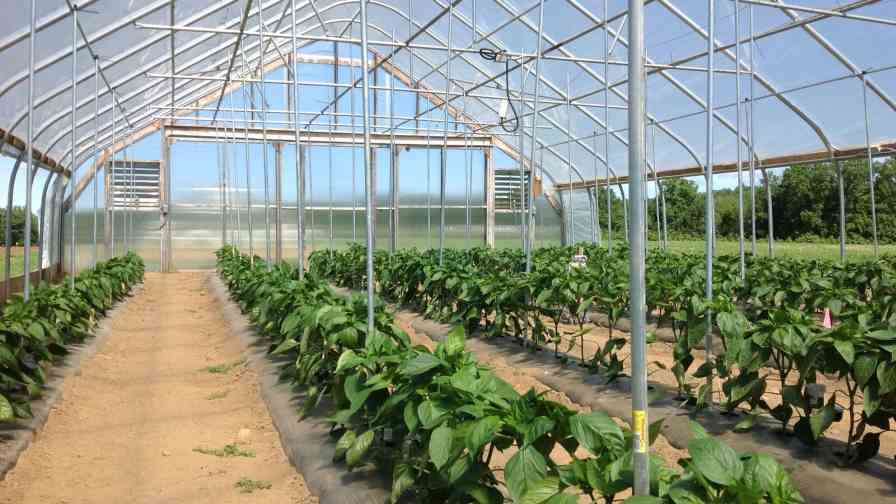Latest Dirty Dozen List Draws Criticism From Produce Industry Group
The Alliance for Food and Farming (AFF) is taking a critical stance on the Environmental Working Group’s (EWG) latest Dirty Dozen list concerning pesticide residues and produce. In a press release published April 29, AFF urged both the media and the public to consult a list of peer reviewed studies and governmental reports before reporting on the group’s controversial list.
“We have seen ‘dirty dozen’ list coverage steadily decline as more consumers and reporters review actual government data and peer reviewed studies,” explained Marilyn Dolan, executive director of the AFF, in the release.
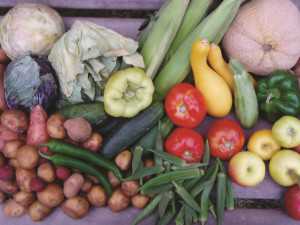
“However, aggressive promotion and marketing of this list continues. Our concern, which is shared by health experts, is that negative and inaccurate claims made by the list authors are undermining efforts to improve the diets of Americans. These ‘dirty’ references are especially unwarranted since organic and conventional pesticides are highly regulated and federal and state government monitoring data collected over the past 20 years has shown residues are either non-existent or are so minute that they do not pose a food safety concern,” she continued.
At the top of EWG’s list are apples, followed by strawberries and grapes. Vegetables that made the list include celery, spinach, sweet bell peppers, cucumbers, cherry tomatoes, and snap beans.
Consumers who want more information on the safety of organic and conventionally grown fruits and vegetables can visit the safefruitsandveggies.com website. “This website was developed by experts in food safety, toxicology, nutrition, risk analysis, and farming. The site was also recently expanded to include a new section which outlines the stringent laws and regulations governing the use of organic and conventional pesticides,” according to the release.
Source: Alliance for Food and Farming news release.




